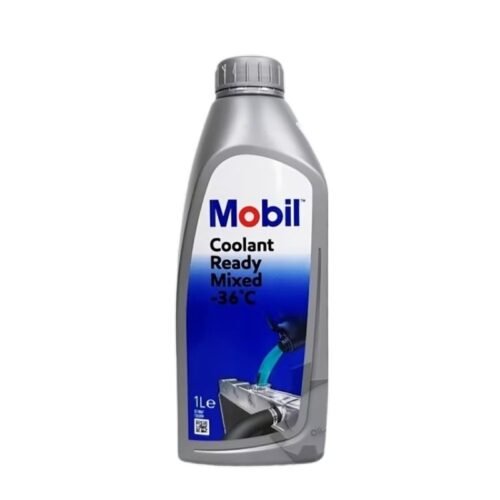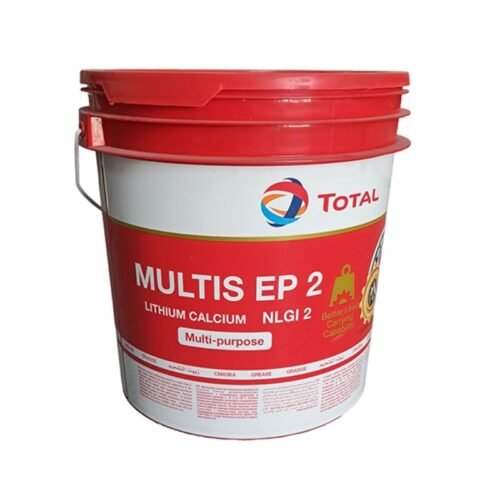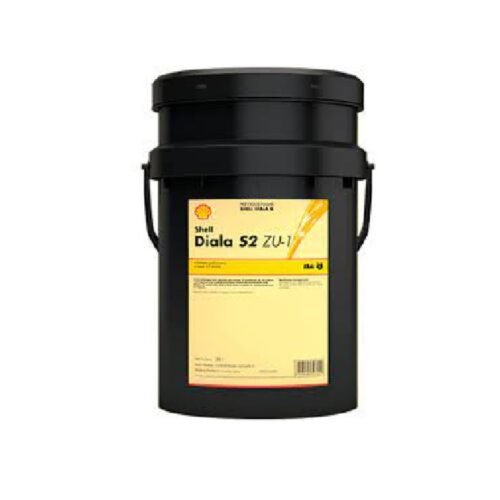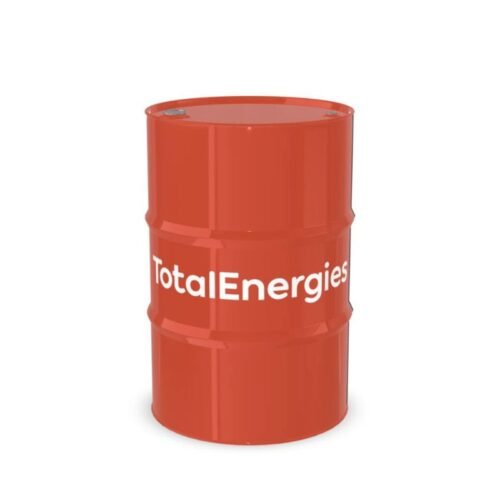- Black Friday! 35% Off
- Free carbon neutral shipping on US orders
End of Time:
:
:
:
0
0 items
0.00₦
No products in the cart.
On Sale This Week
Puncture-resistant safety boot is a type of footwear designed to protect the wearer’s feet from puncture wounds caused by sharp objects such as nails, screws, and metal shards.

Industrial lubricants are made of base oils and additives that help reduce surface friction, and are designed to protect industrial equipment against moisture, wear and tear. There are (4) four types of lubricants namely: oil, grease, penetrating, and dry lubricants, but the most basic and common ones are oil and grease.
Oils are classified by their base oil into natural (obtained without excess processing), mineral (obtained from petroleum products from oil wells), and synthetic oil (chemical processing of oil to eliminate deposits of impurities which is present in natural and mineral oils) according to the effects required in operating conditions.
Oil lubricants possess properties which make them desirable in different working environments. They include: oil viscosity, oil additives, pour point, flash points, e.t.c.
Oil additives are important chemical compound ingredients used to enhance the oil base stock in lubricants; and are largely adopted based on their ability to carry out the required function. Additives are contained in nearly all lubricants whether petroleum or synthetic having many benefits like: keeping engines clean to avoid sludging, improves performance of existing base oil properties with demulsifying agents, corrosion inhibitors, antioxidants; e.t.c.
Oil viscosity refers to its ability to resist flow and how much it easily pours due to fluctuating temperatures. While thin, low viscosity oils flow or pour better in cold temperatures, thick or high oil viscosity perform better in protecting engine parts at high temperatures. The reason it is important to check whether oil viscosity fits the operation is because the thickness of the oil is what determines its strength and efficiency to prevent friction between moving parts.
Another elemental characteristic of oil is pour point. This property of oil usually shows the lowest point or temperature at which oil flows or liquid is lost. The implication of high pour points in oil, whether thin or high, is that they are mostly made with waxes and paraffin, so when temperature decreases, they begin to precipitate, losing their ability to flow.
Flash points indicate the lowest point at which oil can ignite if exposed to an ignition or fire source. It’s simply the lowest temperature where the liquid coming out from your oil can catch fire. Flash points serve as hazardous indicators for fire and explosions.
Generally, the importance of industrial lubricants are: friction reduction, seals parts against dirt and dust, helps, cools moving parts and hot areas of engines, keeps the engine clean, guarantees long life of engines and mechanical parts, e.t.c.
Morven Industrial limited is a trusted supplier of industrial lubricants suitable in diverse areas and in their various types including engine and transformer oil, industrial grease, heat transmission fluid, turbine, hydraulic, and marine oil, e.t.c and is dedicated to the welfare of your industrial activities.
Oil lubricants possess properties which make them desirable in different working environments. They include: oil viscosity, oil additives, pour point, flash points, e.t.c.
Oil additives are important chemical compound ingredients used to enhance the oil base stock in lubricants; and are largely adopted based on their ability to carry out the required function. Additives are contained in nearly all lubricants whether petroleum or synthetic having many benefits like: keeping engines clean to avoid sludging, improves performance of existing base oil properties with demulsifying agents, corrosion inhibitors, antioxidants; e.t.c.
Oil viscosity refers to its ability to resist flow and how much it easily pours due to fluctuating temperatures. While thin, low viscosity oils flow or pour better in cold temperatures, thick or high oil viscosity perform better in protecting engine parts at high temperatures. The reason it is important to check whether oil viscosity fits the operation is because the thickness of the oil is what determines its strength and efficiency to prevent friction between moving parts.
Another elemental characteristic of oil is pour point. This property of oil usually shows the lowest point or temperature at which oil flows or liquid is lost. The implication of high pour points in oil, whether thin or high, is that they are mostly made with waxes and paraffin, so when temperature decreases, they begin to precipitate, losing their ability to flow.
Flash points indicate the lowest point at which oil can ignite if exposed to an ignition or fire source. It’s simply the lowest temperature where the liquid coming out from your oil can catch fire. Flash points serve as hazardous indicators for fire and explosions.
Generally, the importance of industrial lubricants are: friction reduction, seals parts against dirt and dust, helps, cools moving parts and hot areas of engines, keeps the engine clean, guarantees long life of engines and mechanical parts, e.t.c.
Morven Industrial limited is a trusted supplier of industrial lubricants suitable in diverse areas and in their various types including engine and transformer oil, industrial grease, heat transmission fluid, turbine, hydraulic, and marine oil, e.t.c and is dedicated to the welfare of your industrial activities.
Add to Wishlist
Add to Wishlist
Add to Wishlist
Add to Wishlist
Add to Wishlist
Add to Wishlist
Add to Wishlist
Add to Wishlist
Add to Wishlist
Add to Wishlist
Add to Wishlist
Add to Wishlist
Add to Wishlist
Add to Wishlist
Add to Wishlist
Add to Wishlist
Add to Wishlist
Add to Wishlist
Add to Wishlist
Add to Wishlist
Add to Wishlist
Add to Wishlist
Add to Wishlist
Add to Wishlist
Add to Wishlist
Add to Wishlist
Add to Wishlist
Add to Wishlist
Add to Wishlist
Add to Wishlist
Add to Wishlist
Add to Wishlist
Product categories
All Categories
Need Help?
09129659392 / 08144536538
Monday – Friday: 9:00-20:00
Saturady: 11:00 – 15:00
Customer Service
Copyright 2024 © Morven Industrial All right reserved. By Sort Odds Global Solutions














